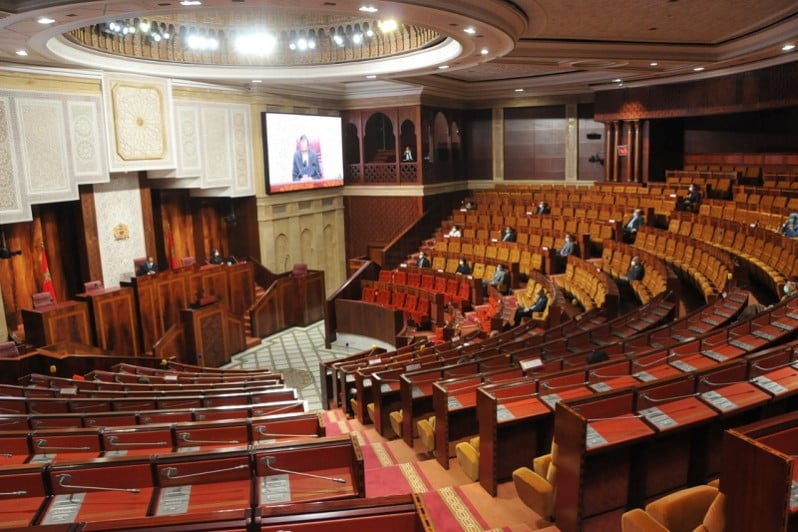After an all-night parliamentary session that stretched into Friday morning, Morocco’s House of Representatives has passed the first section of the 2026 draft finance bill. The vote saw 165 lawmakers in favor and 55 opposed, with no abstentions recorded—marking a clear majority backing for the initial framework of next year’s national budget.
The plenary session was attended by Minister of Economy and Finance Nadia Fettah, alongside Budget Minister Delegate Fouzi Lekjaa. This milestone advances the examination of Draft Law No. 50.25, which will shape Morocco’s financial direction in 2026.
According to figures released by the Finance and Economic Development Committee, lawmakers submitted a total of 350 amendments to the bill. Of those, 328 were tied to the first part of the draft, yet only 30 were approved. The adopted amendments include two from the government itself, 23 proposed by majority groups, and a handful from the opposition, with notable contributions from the Socialist Opposition-Ittihadi Group (73), the Popular Movement (46), the Party of Progress and Socialism (37), the Justice and Development group (117), and independent MP Fatima Tamni (30).
During the debates, Finance Minister Nadia Fettah outlined her vision of a budget crafted not as a reaction to crises, but as a strategic lever to stimulate long-term, sustainable growth. She emphasized the importance of diversifying sources of national wealth and positioning the budget as a key driver in Morocco’s development roadmap. The bill, she argued, aligns with the major priorities laid out in the country’s New Development Model, acting as a tool to implement its core recommendations.
Fettah also pointed to recent achievements in fiscal governance, particularly Morocco’s progress in maintaining macroeconomic stability, reducing public debt, and bolstering financial sovereignty. These gains, she noted, have strengthened Morocco’s credibility with international lenders and created a more favorable environment for investment.
The House is set to reconvene later on Friday to deliberate and vote on the second part of the bill, which will then pave the way for the final approval of the 2026 finance law.
